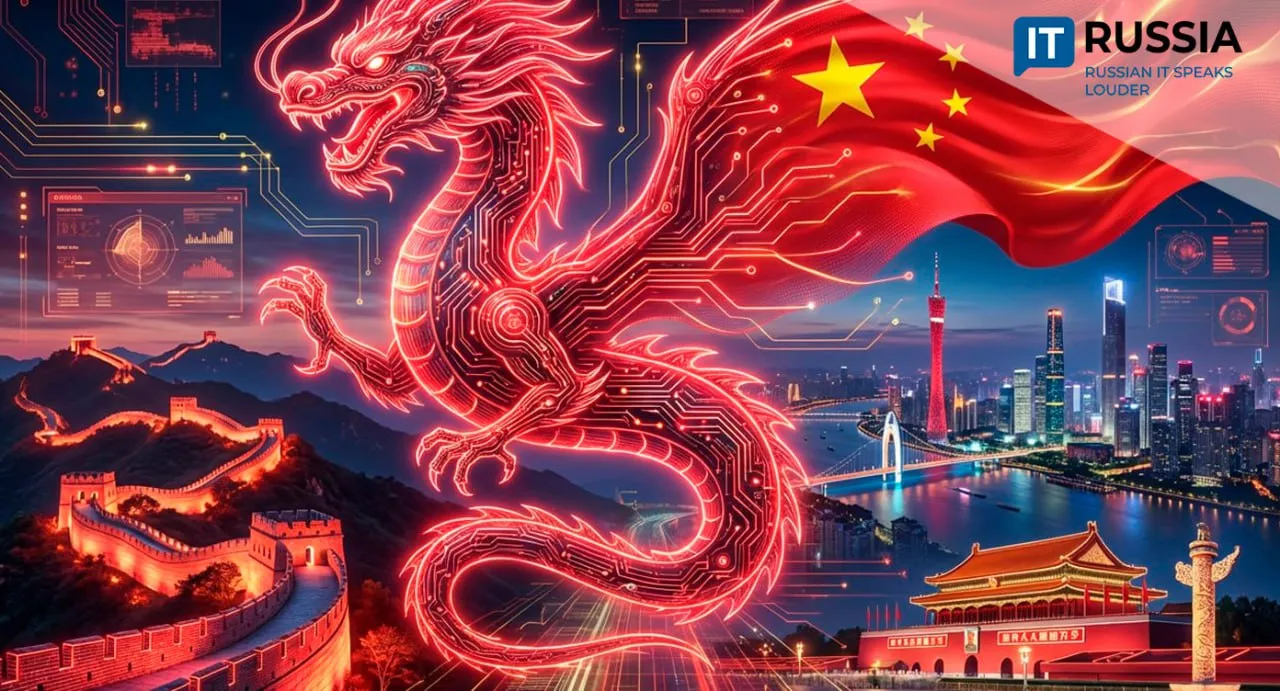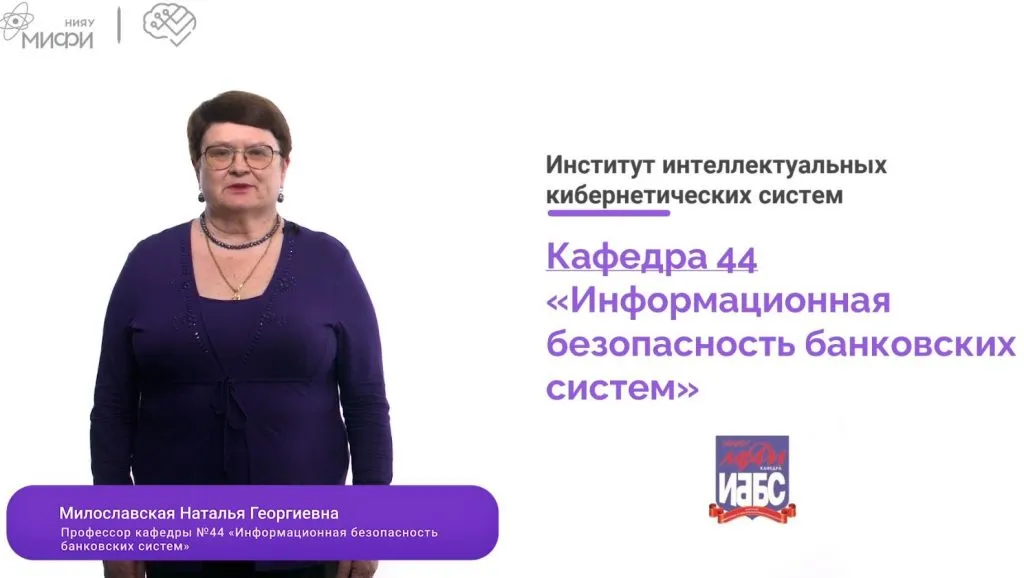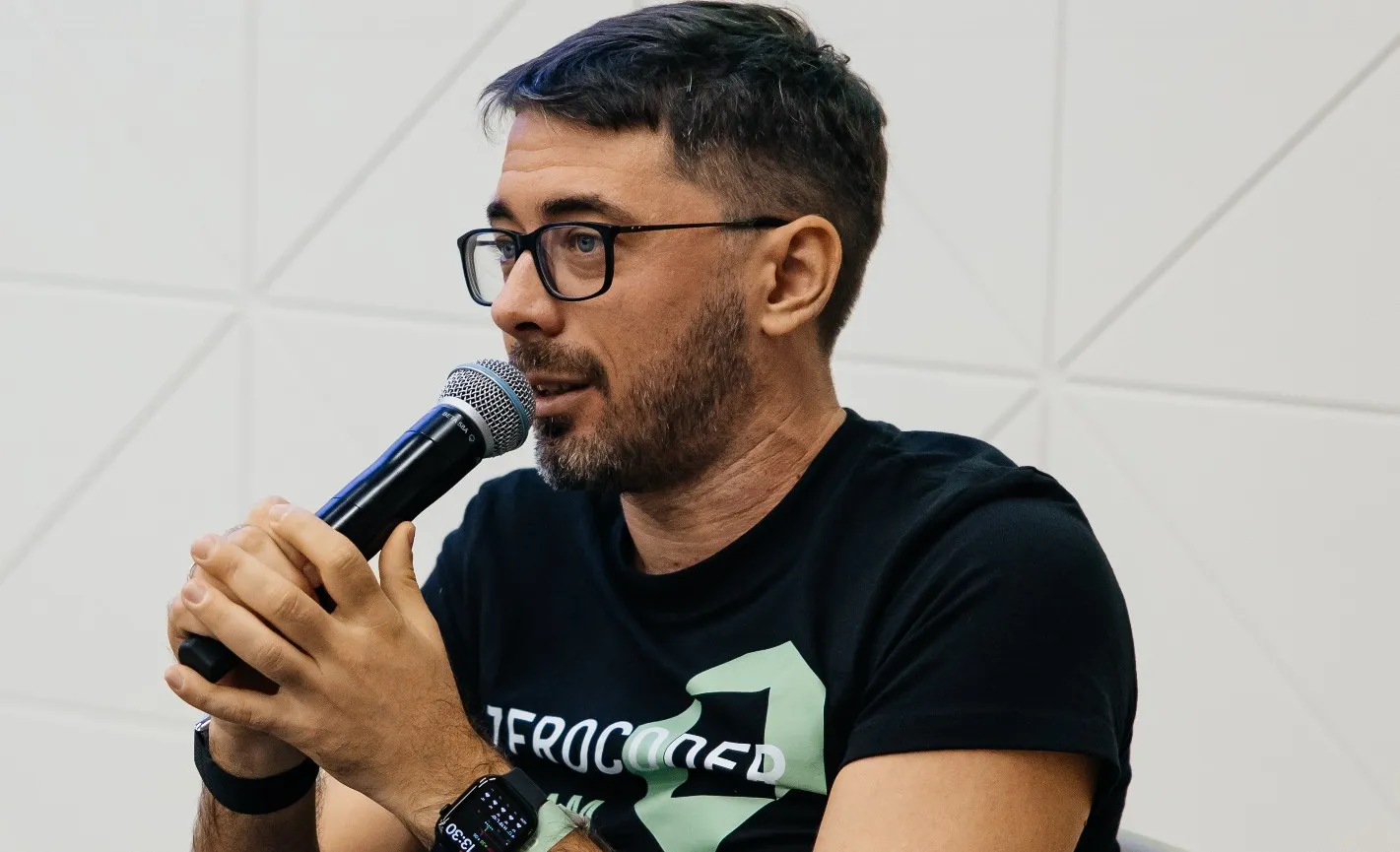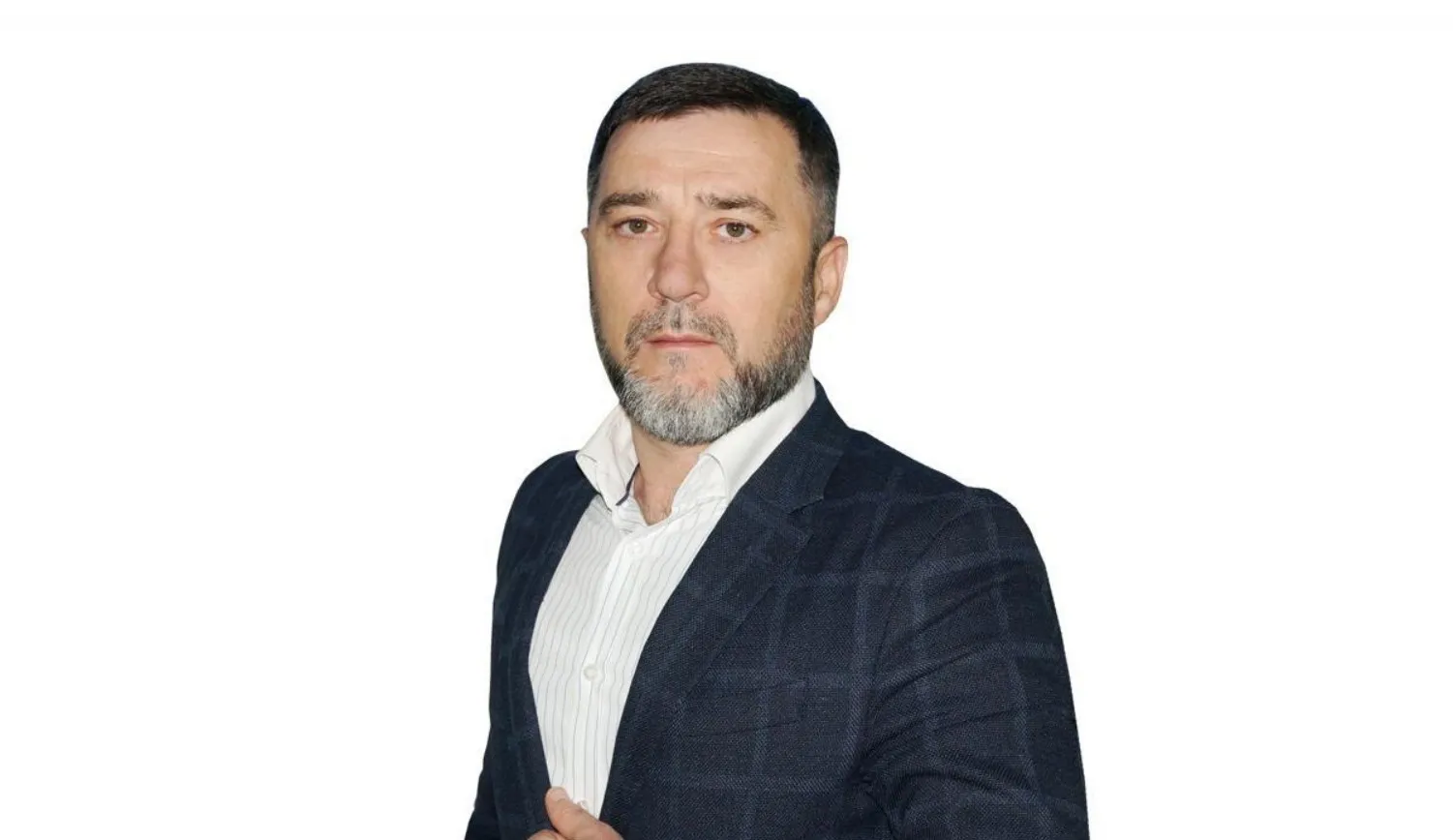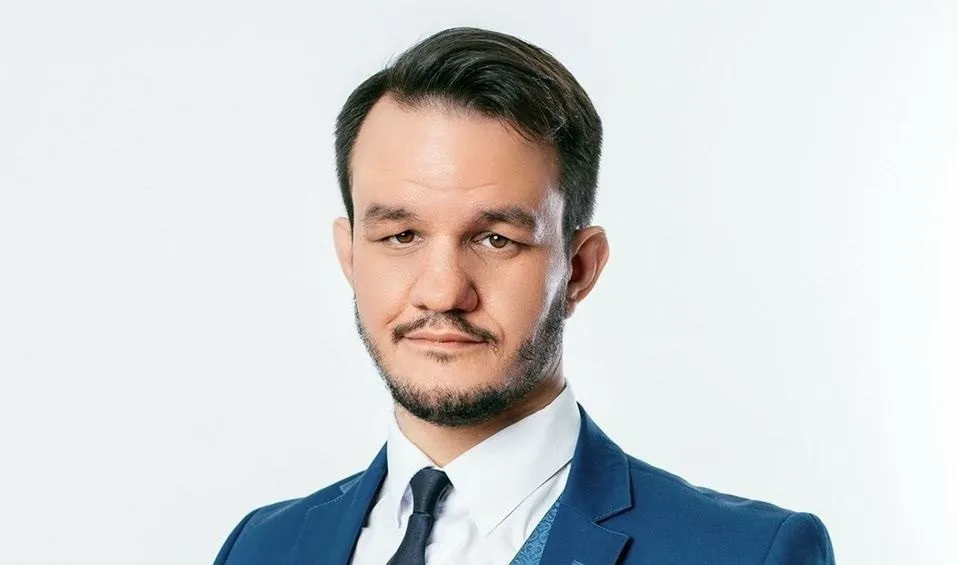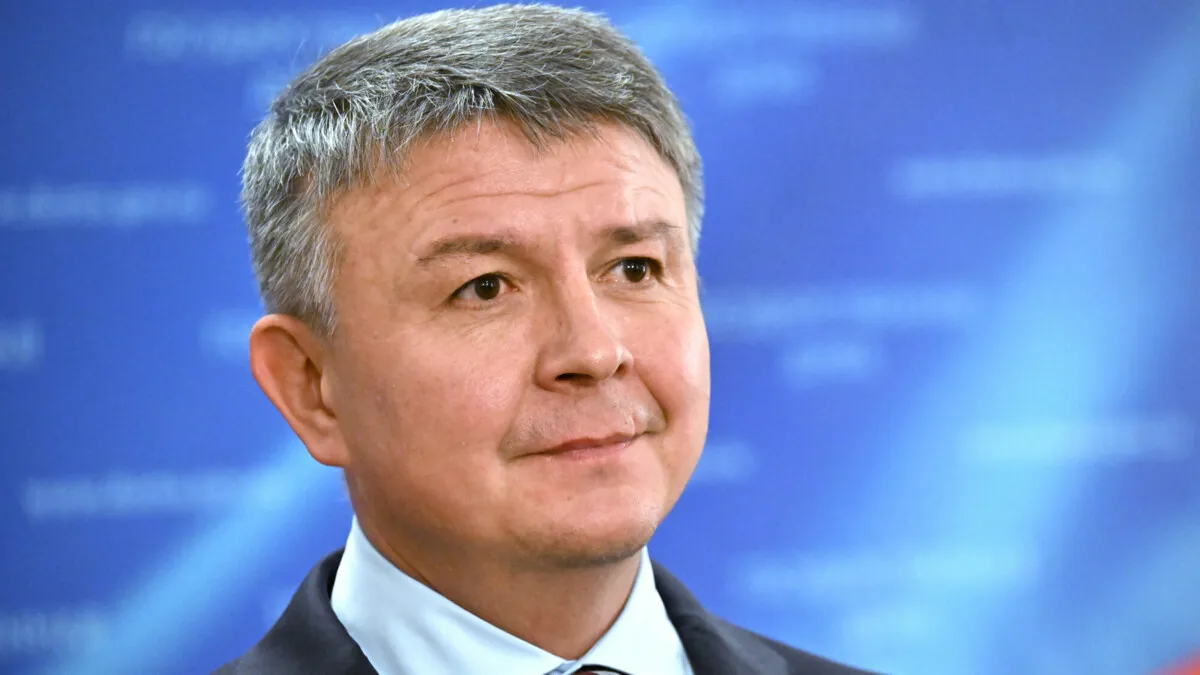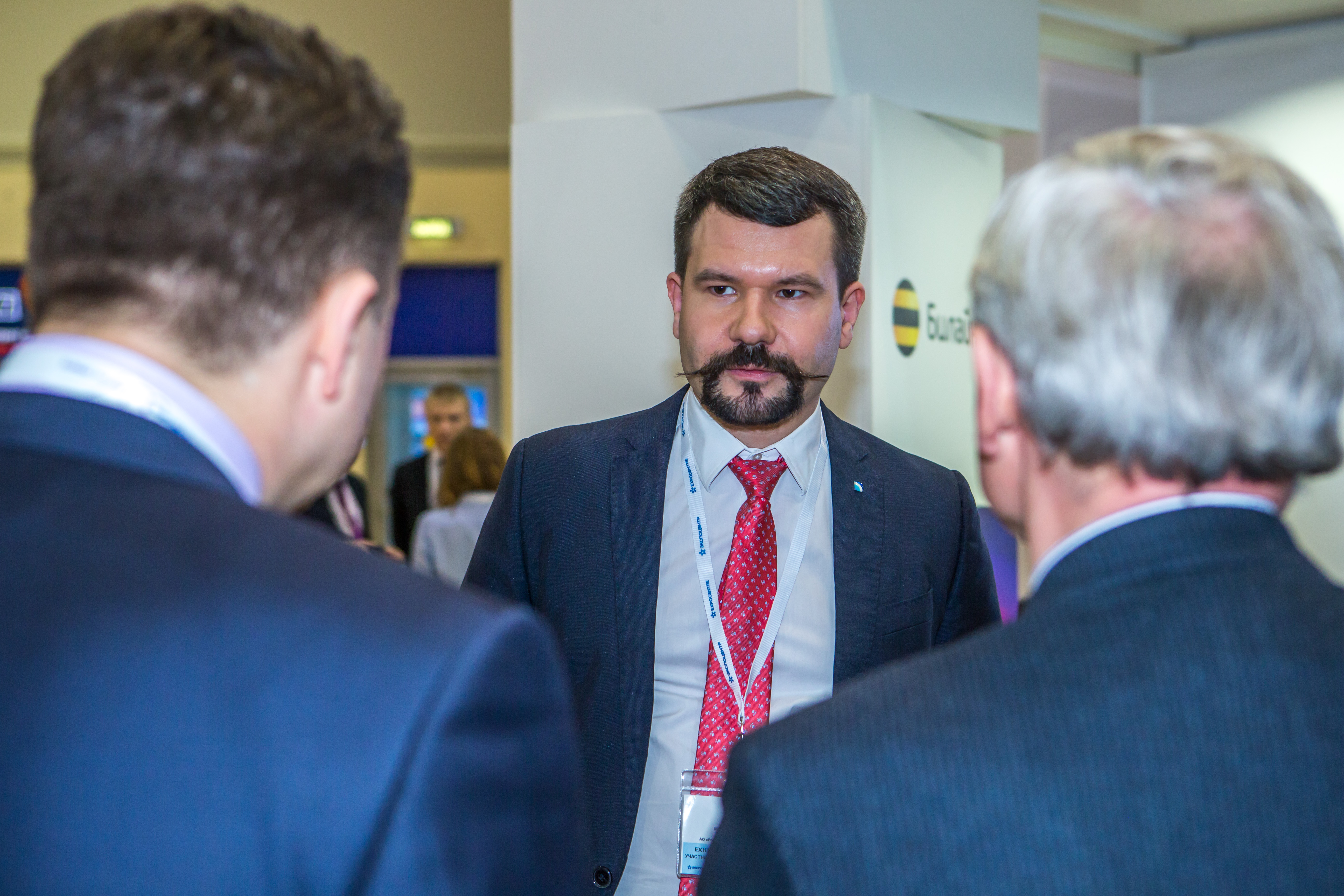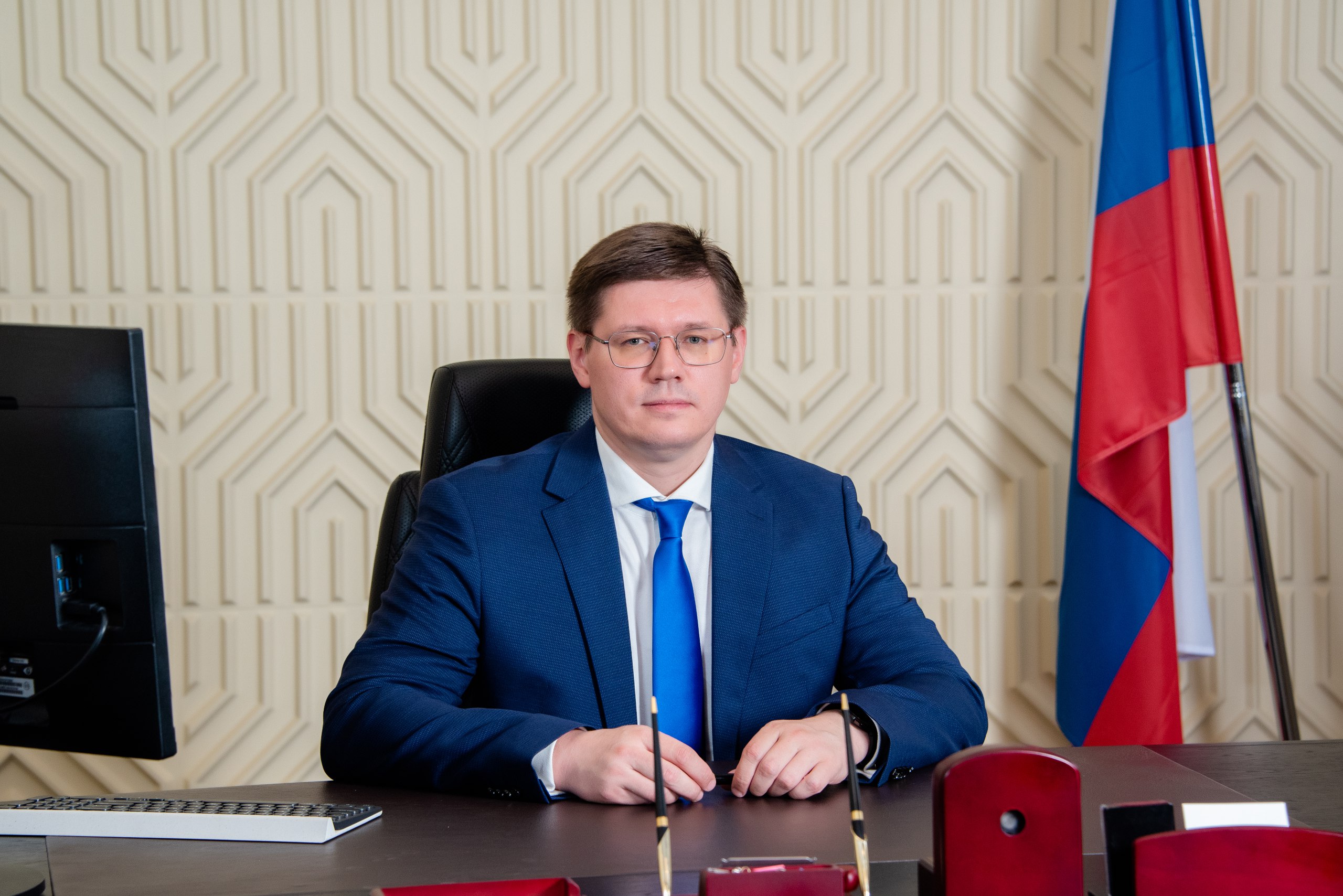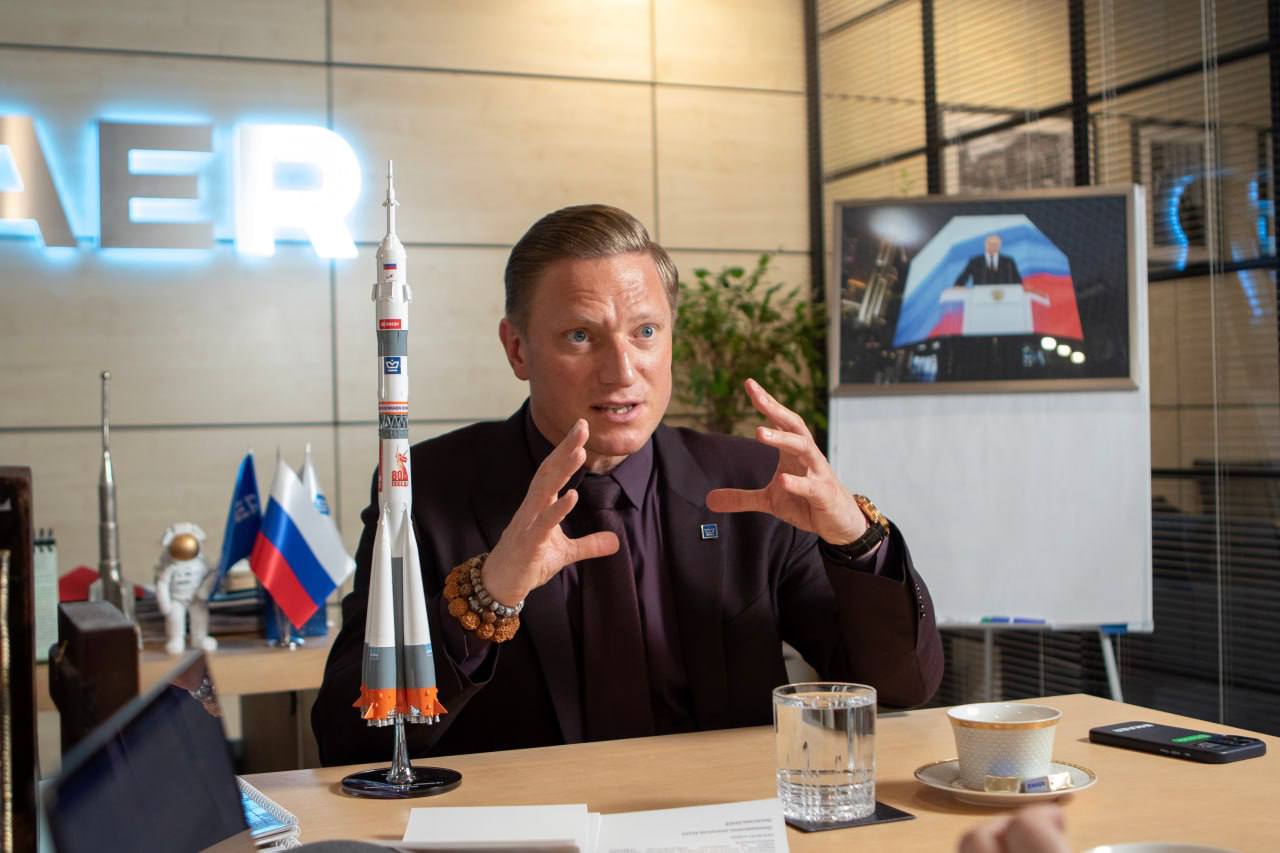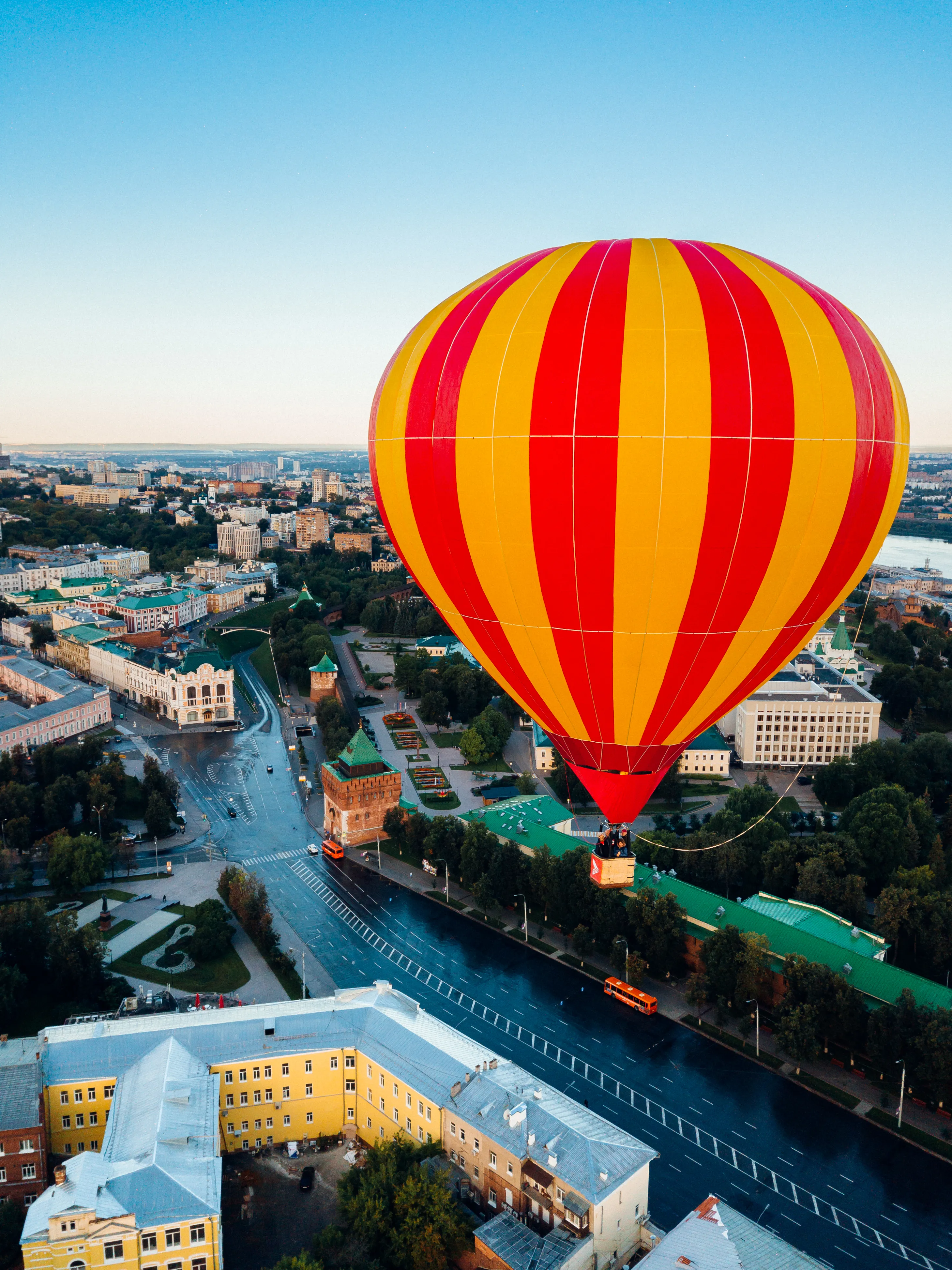Amir Khamitov: ‘Russia Was the First Country to Stand Against Electronic Doping in Esports’
Russia remains one of the few nations with dedicated legislation regulating esports. It was also the first country in the world to officially recognize esports back in 2001. Over the past 25 years, this once-niche hobby has evolved into a billion-ruble industry. Russian players are performing successfully on the global stage, and the Russian Esports Federation has become a recognized national institution. Now, as technology advances, lawmakers are redefining what “fair play” means in the digital arena.
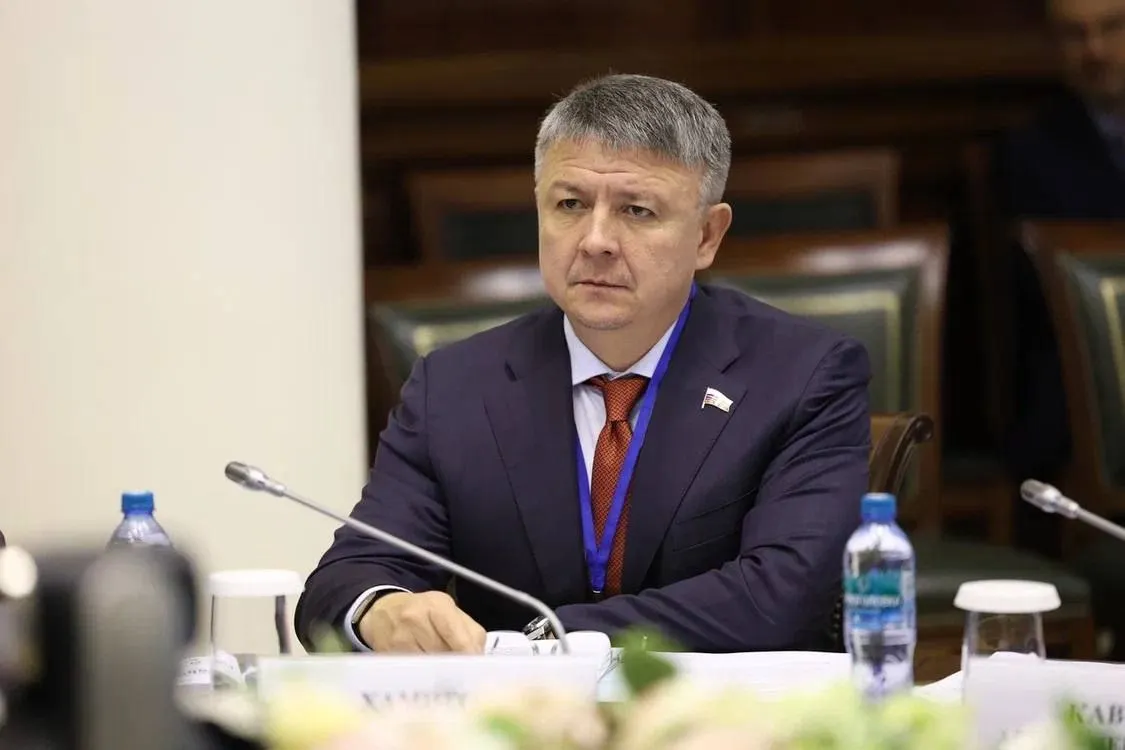
Building the Legal Foundations of a Digital Sport
In 2024, Kazan hosted the world’s first phygital sports tournament — combining physical and digital disciplines. Esports clubs and programs are now being introduced in schools and colleges across Russia as part of a new educational focus on digital literacy and professional orientation.
Continuing its drive toward high-tech innovation, Russia is refining its legislative framework for esports and emerging sports. Lawmakers are discussing how to adapt the country’s sports code to reflect modern realities and protect fair competition.
IT-RUSSIA spoke with Amir Khamitov, Deputy Chairman of the State Duma Committee on Physical Culture and Sports, about Russia’s initiative to combat what he calls electronic doping.
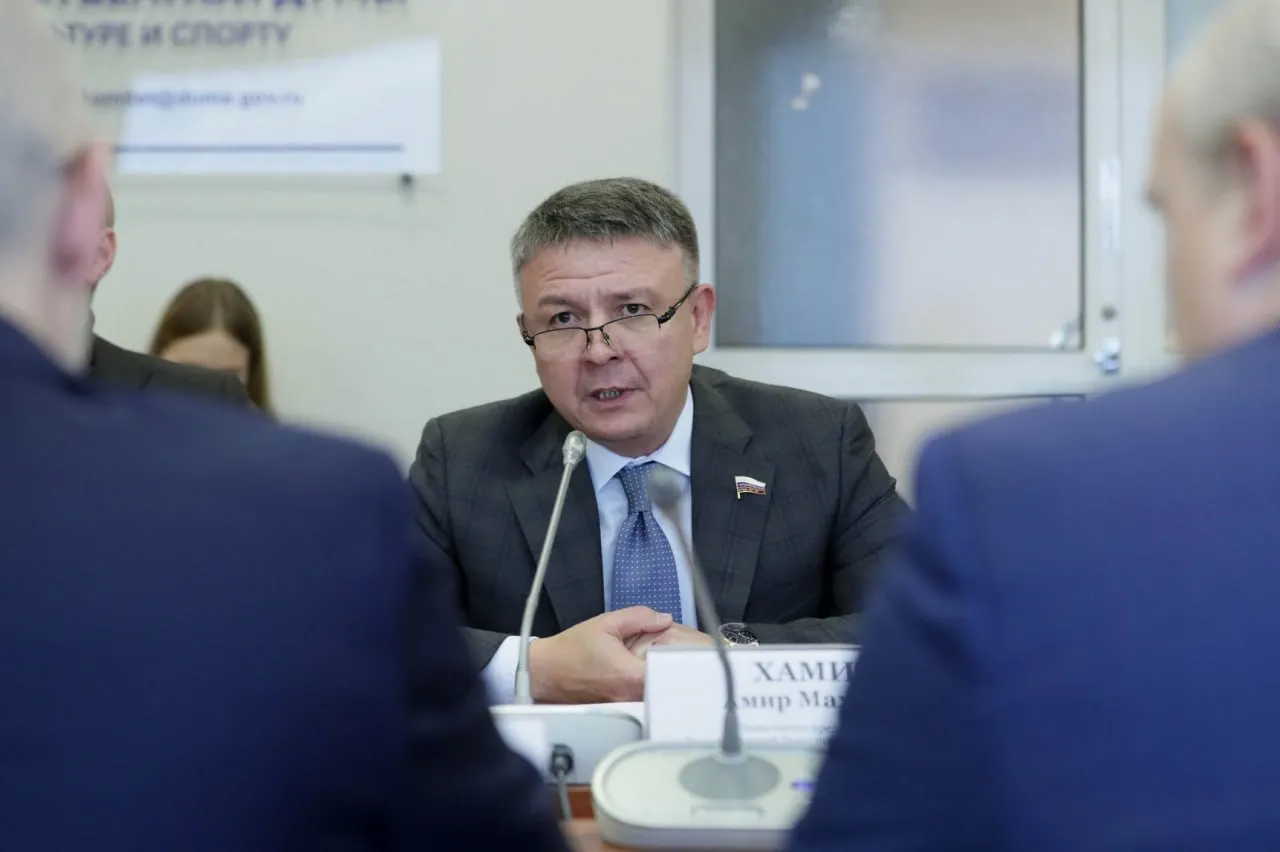
Defining ‘Fair Play’ in the Digital Age
Khamitov: 'The idea is simple — to establish technically fair rules of play. I proposed banning the use of dishonest tools that can influence game results. These include cheat programs that give players an advantage, macros — pre-programmed commands executed with one key — and, in some cases, artificial intelligence.'
He explains that traditional sports laws often fail to cover high-tech disciplines. 'The general legal framework was designed for classic sports — football, basketball, athletics. But esports and other innovative sports require special attention. Without regulation, we face challenges like result manipulation and lack of accountability.'
The Next Step: Legal Accountability
Khamitov: 'A working group has already reviewed several proposals for establishing the legal foundations of high-tech sports. We’ve suggested adding a definition of “innovative sports” to Article 2 of Russia’s Sports Law and introducing special rules for competitions that take place in digital or hybrid formats.'
He believes the most pressing issue is technological integrity. 'Using software tools such as cheats, macros, or AI to gain unfair advantages undermines the basic principle of fair competition. It also opens the door to match-fixing and manipulation.'
According to the Gaming’s Cheating Crisis Report (August 2025), 80% of gamers have encountered cheating in online games. 'That number is staggering,' Khamitov says. 'It erodes trust among players, fans, and sponsors. At scale, it risks criminalizing the gaming industry itself.'
Esports Ethics Go Global
Khamitov: 'We’re considering introducing administrative — and possibly even criminal — liability for using unauthorized technical tools in specific sports: esports, competitive programming, drone racing, and phygital sports, among others.
'This could take the form of a new article in the Russian Administrative Code establishing penalties — such as fines — for unfair technical manipulation. Another approach is to expand Article 184 of the Criminal Code (“Manipulation of Sports Results”) to cover high-tech sports. Then, the use of cheats as part of a conspiracy could be treated as a serious offense.'
A Timely Move for a Transparent Future
Khamitov: 'There’s no better time. We need clear, unified rules for everyone involved in high-tech sports. These changes aren’t about punishment — they’re about protection. We want to safeguard the principles of fair competition.
'Transparency and integrity are vital to building a sustainable, competitive ecosystem where young engineers, developers, and professional gamers can thrive. High-tech sports depend on trust. Without it, innovation loses meaning.'
Why It Matters
Analysts note that Russia’s proposal could become a model for international esports governance. With the global gaming market exceeding $180 billion, cheating and automation are among the industry’s biggest ethical challenges. By taking a legal stance, Russia is positioning itself as a pioneer in creating a transparent framework for digital sports — where technology is not an unfair advantage, but a fair and creative instrument of play.






